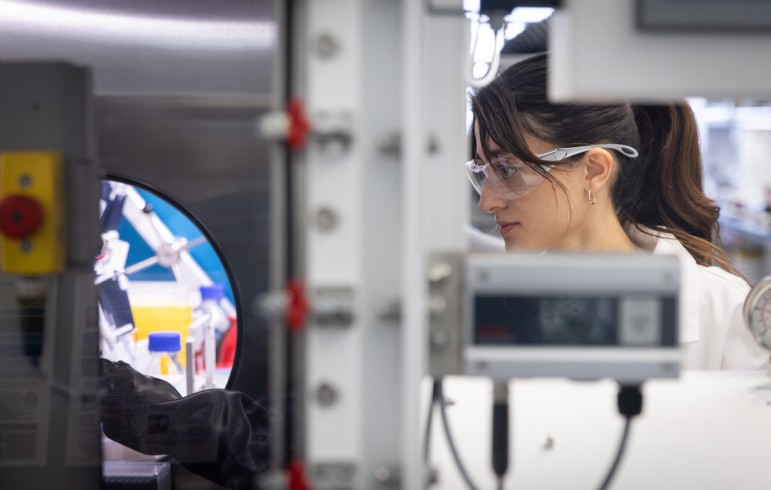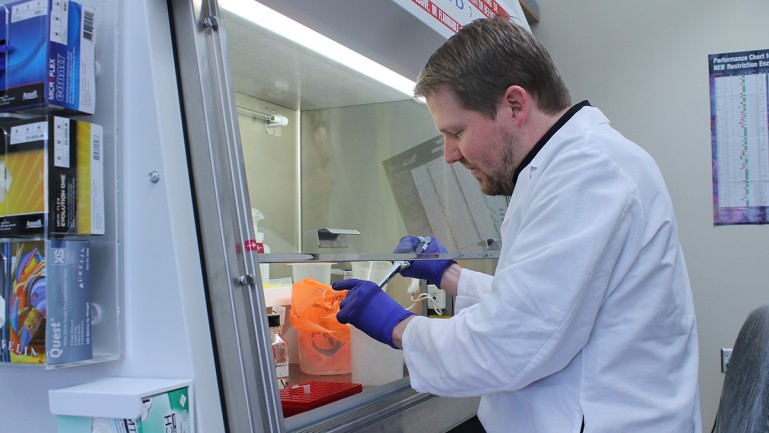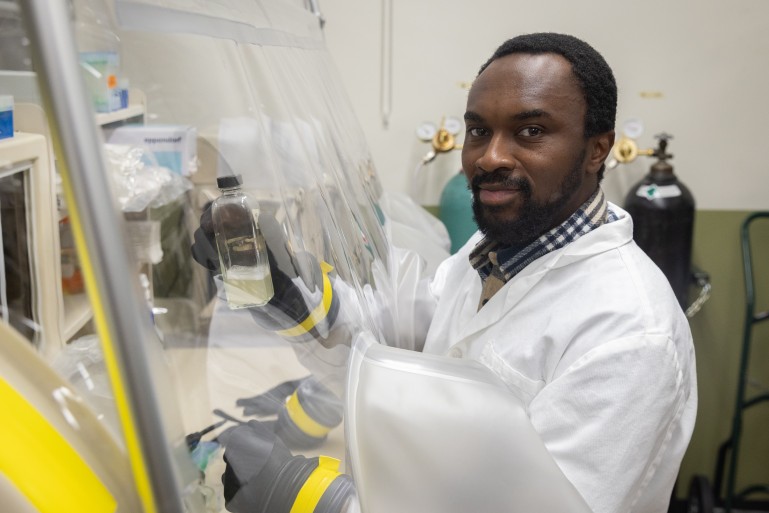The 15 teachers attending the Energy Institute for Educators this week may have come from different directions, from Salem or Green Bay, Medford or Mosinee, but they’re all heading home to the same challenge: engaging their students in the contemporary science of energy.
Susan Hedman, a three-time graduate of the University of Wisconsin–Madison and current Regional Administrator of the U.S.
Graphene, an atom-thick material with extraordinary properties, is a promising candidate for the next generation of dramatically faster, more energy-efficient electronics.
Using a new class of nanomaterials, a University of Wisconsin–Madison inventor is working to capture energy from the sun much as nature intended—with trees in a forest.
Any effort to become more energy-efficient begins with assessing the baseline: the current carbon footprint of a home, building, or entire company.
A group of University of Wisconsin–Madison engineers and a collaborator from China have developed a nanogenerator that harvests energy from a car’s rolling tire friction.
A new faculty member at the University of Wisconsin–Madison, Marianne Fairbanks is bringing decades of experience with dyes, fibers and design to the development of a technology she’s been dreaming of for years: the solar textile.



